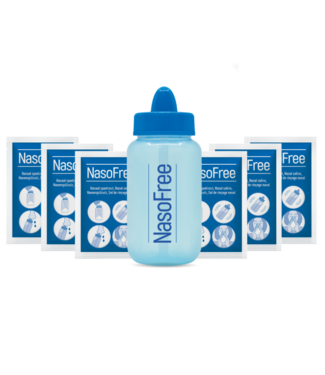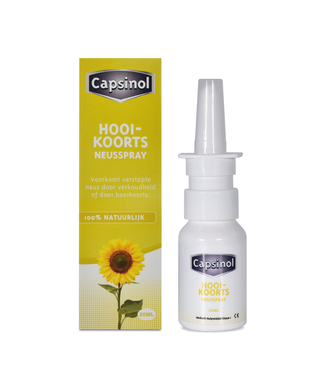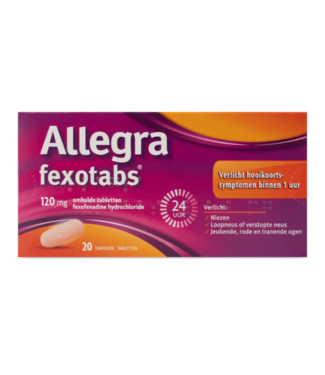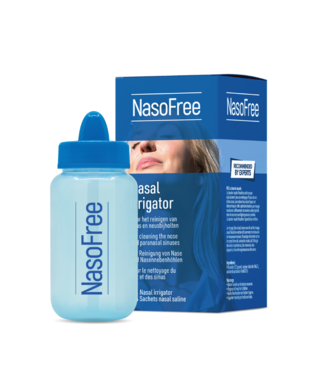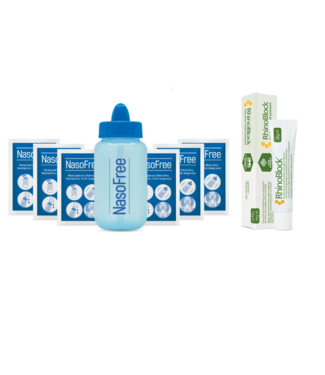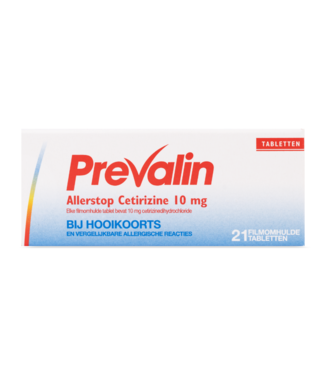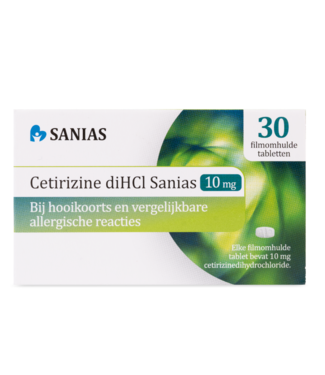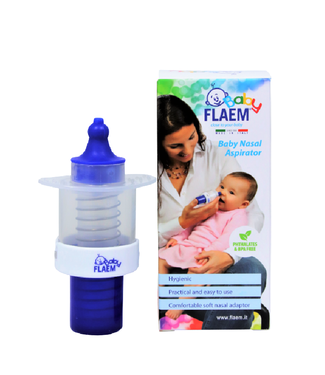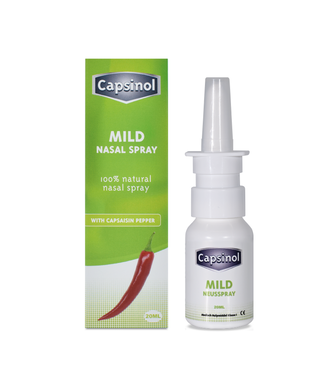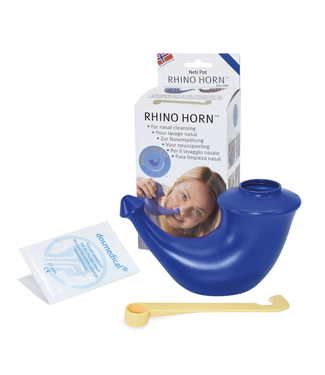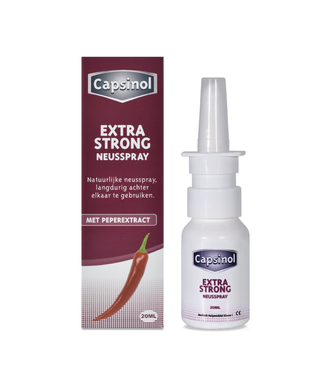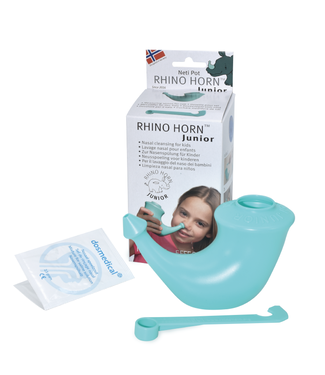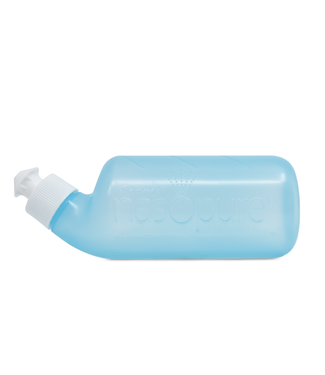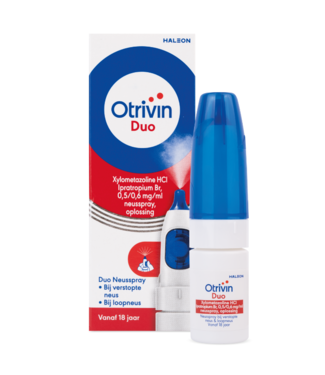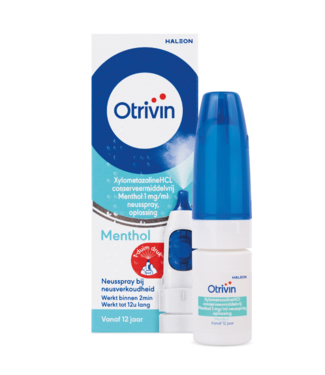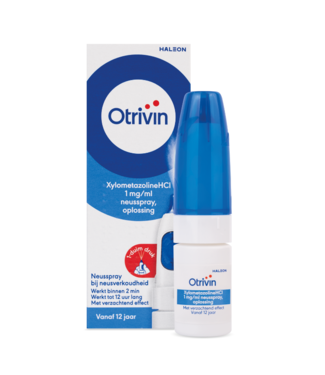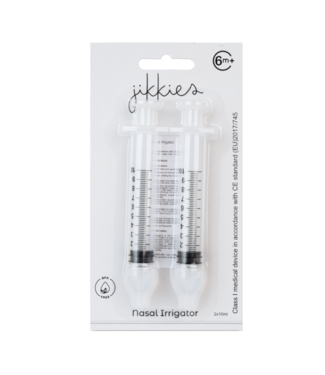
Hay fever
Hay fever is an allergy to (the pollen of) grasses, plants or trees. For example, you may experience: runny nose, red, itchy eyes and/or tickly cough. read more
What is hay fever?
Hay fever is an allergy to the pollen of grasses ( grass pollen allergy ), plants or trees ( tree pollen allergy ). The peak period runs from February to September, but you can experience it all year round.
The cause of hay fever
The symptoms of hay fever are caused by your body's allergic reaction to pollen. This reaction is caused by the pollen that ends up on the mucous membranes in your nose and eyes. When the pollen from the specific trees, plants or grasses that you are allergic to are released, you will suffer from your pollen allergy.
Learn more about what hay fever is
Complaints and symptoms of hay fever
Hay fever causes symptoms that are very similar to colds and flu. Common complaints include:
- Runny nose, itching, stuffy nose, sniffling, sneezing
- Itchy eyes, watery eyes
- Sore and/or dry throat, tickly cough
- Shortness of breath
- Fatigue
More about the signs and symptoms of hay fever
What to do against hay fever?
You get hay fever complaints because you inhale pollen. Unfortunately, there is little you can do about the allergic reaction. You can try to be exposed to pollen as little as possible. This way you can prevent complaints due to hay fever as much as possible.
A good method for this is to apply a hay fever nasal ointment . This ointment reduces the number of pollen that settles on your nasal mucosa. This will prevent many of your complaints.
Another way to prevent complaints is to rinse the pollen from your nose and sinuses. You do this with a nasal douche . By rinsing a saline solution through your nose, you remove the pollen from your nose. In addition, you reduce hay fever complaints in your nose, such as a stuffy nose or sneezing fits.
Hay fever: how can you reduce complaints?
Have you gotten pollen up your nose? Then you will notice that the typical complaints such as a runny nose and sneezing fits will probably start again. You can reduce your complaints with various remedies against hay fever.
An example of this is a hay fever nasal spray. This ensures that your nasal mucosa swells less and your hay fever symptoms decrease. A swollen nasal mucosa causes typical complaints such as a blocked nose.
Some people also experience a sore throat due to hay fever. You can relieve this sore throat with Mellosan throat spray .
View the peak periods of grass pollen, trees and weeds on our hay fever calendar:

Or read more about the hay fever season

